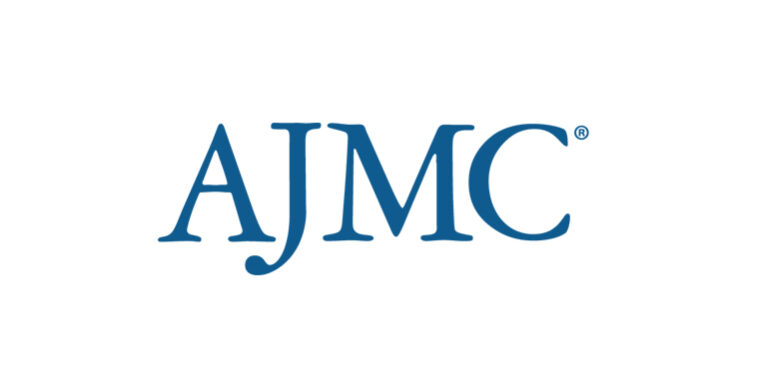The United States loses approximately $100 billion each year to healthcare fraud. Up to $20 billion dollars are due to fraudulent practices in the mental health sector. One of the largest healthcare fraud cases in US history occurred in behavioral health–one of healthcare’s smallest sectors.
Like home care , this arena requires the utmost in integrity because crime in the mental health sector hurts healthcare’s most vulnerable, underserved and disenfranchised patient populations, while escalating costs.
The HHS Office of Inspector General and partners are making some progress cracking down, especially where patients suffer harm. Some of the worst cases, however, continue to occur in partial hospitalization programs (PHP), involving intense outpatient psychiatric care in ambulatory departments of hospitals or Community Mental Health Centers (CMHC). Some CMHCs bill for mental health services but instead provide at best recreational adult day care.
Consider a couple of illustrative cases. A CMHC operator in Louisiana and a CMHC patient recruiter in Texas were imprisoned for their roles in a multimillion-dollar Medicare fraud scheme. In Baton Rouge the recruiter invited beneficiaries to attend PHP programs knowing the patients didn’t need psychotherapy and kept them at facilities as long as possible without triggering Medicare audits. Staff also altered records to make it look as if patients received therapy when they didn’t.
In Houston the recruiter invited beneficiaries to attend a PHP in exchange for cash payments. The 2 fraudsters received prison sentences of 90 months and 60 months, respectively. Three companies involved in the case collectively filed more than $258 million in inappropriate Medicare claims. Seventeen people were convicted, including the psychiatrist co-owner of the Louisiana CMHC and the Houston facility, who was sent to prison.
To read the full article visit AJMC.com





